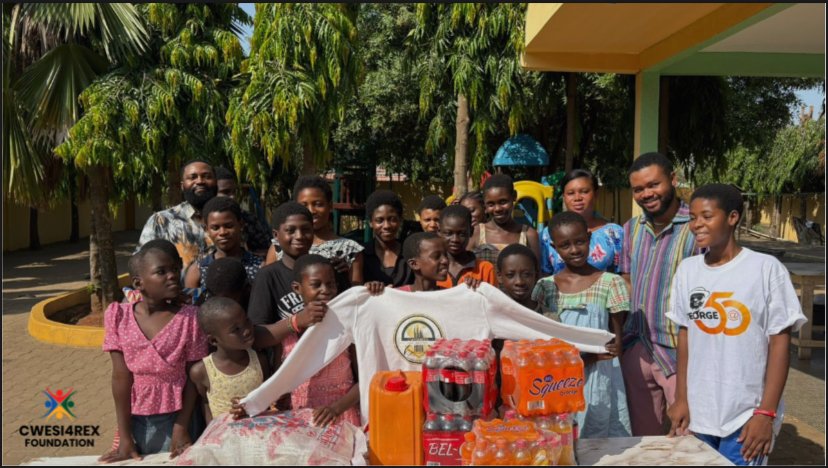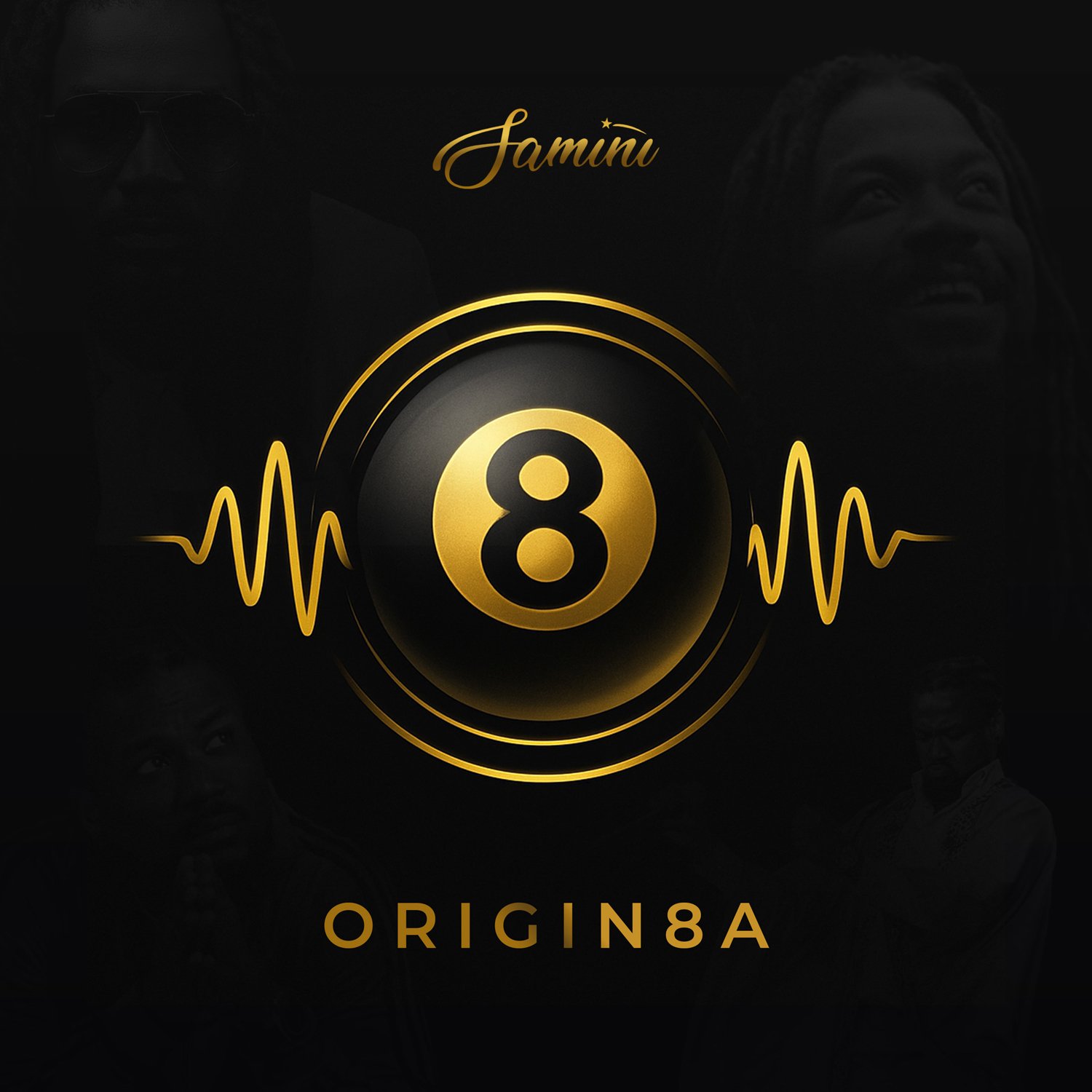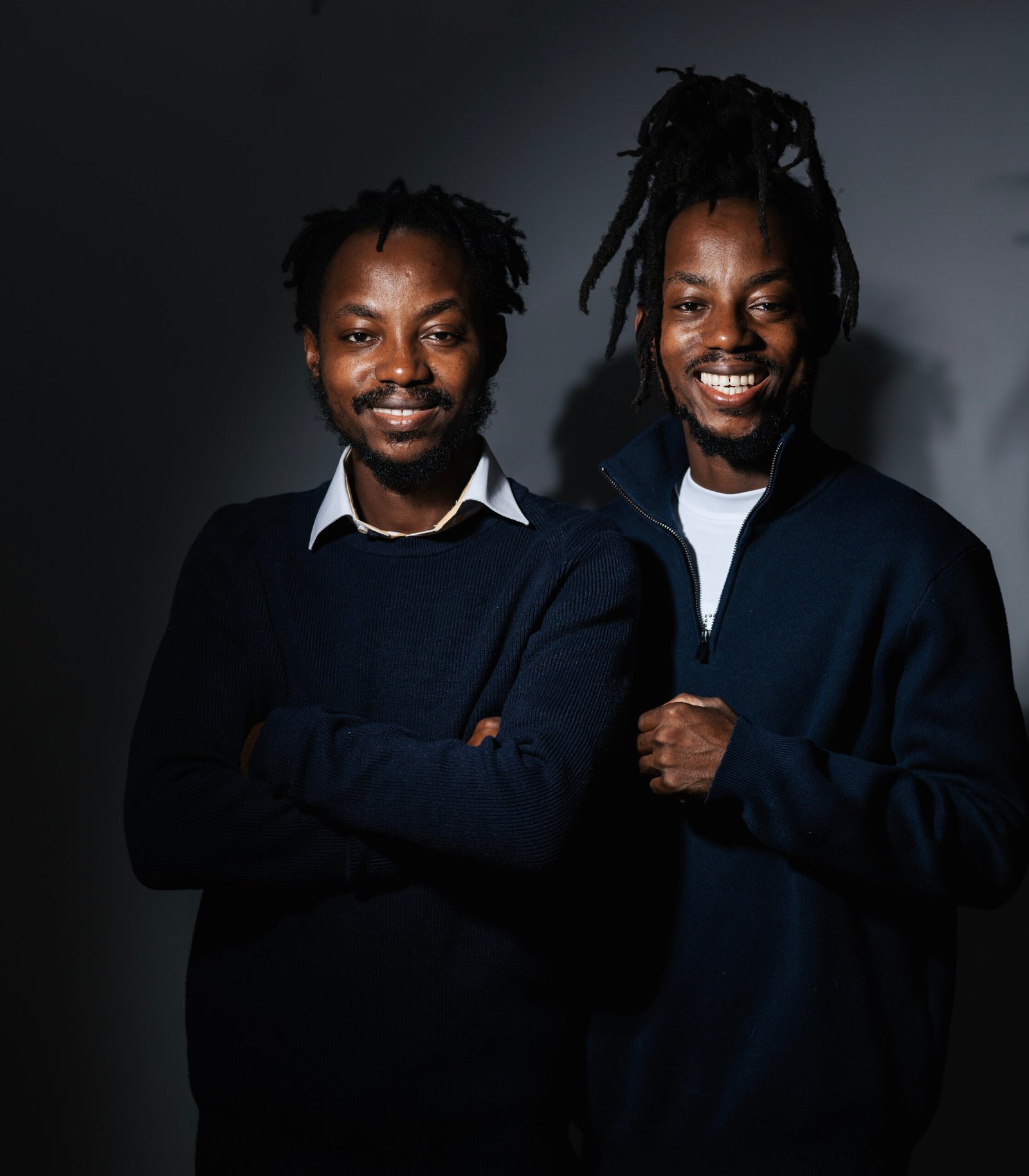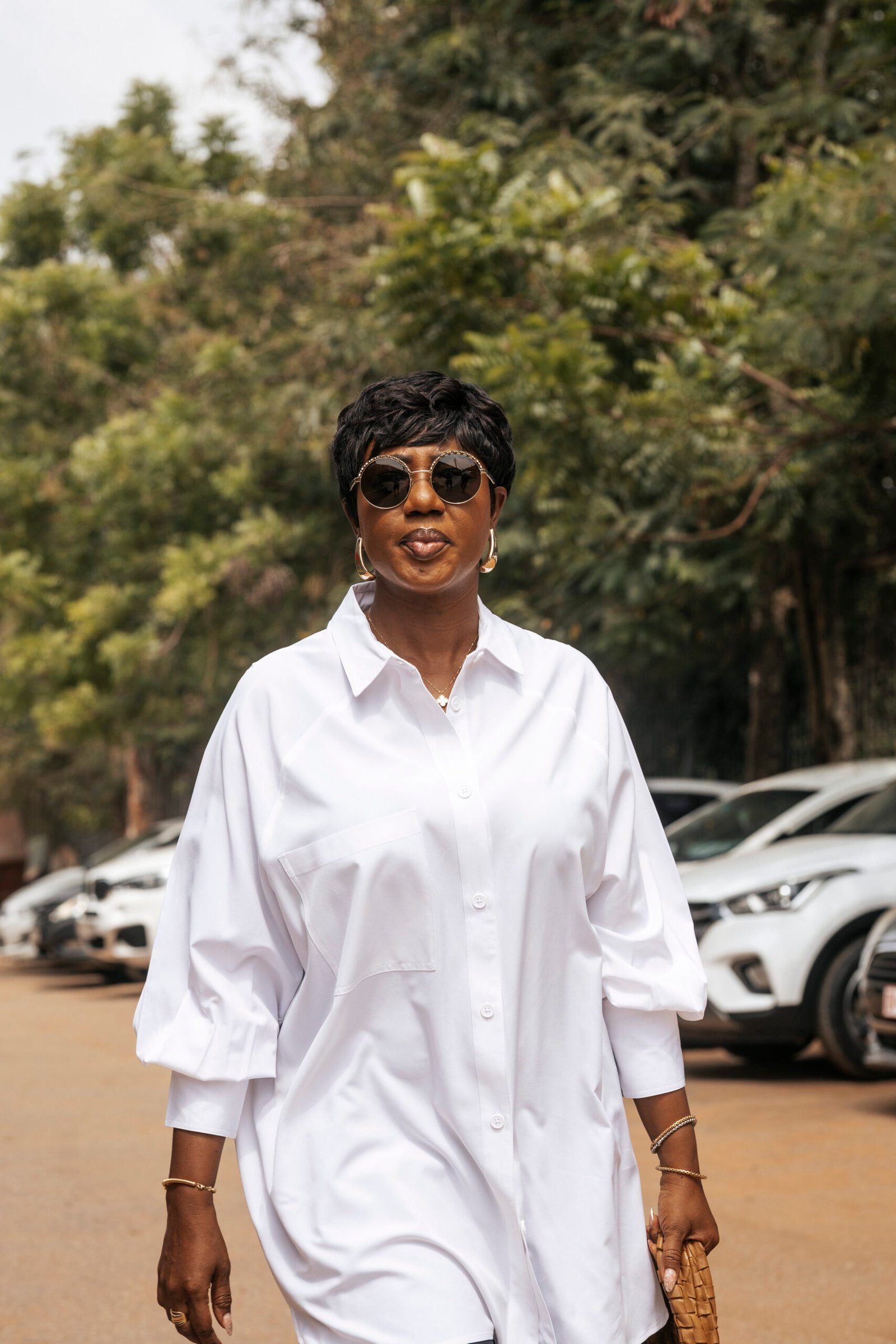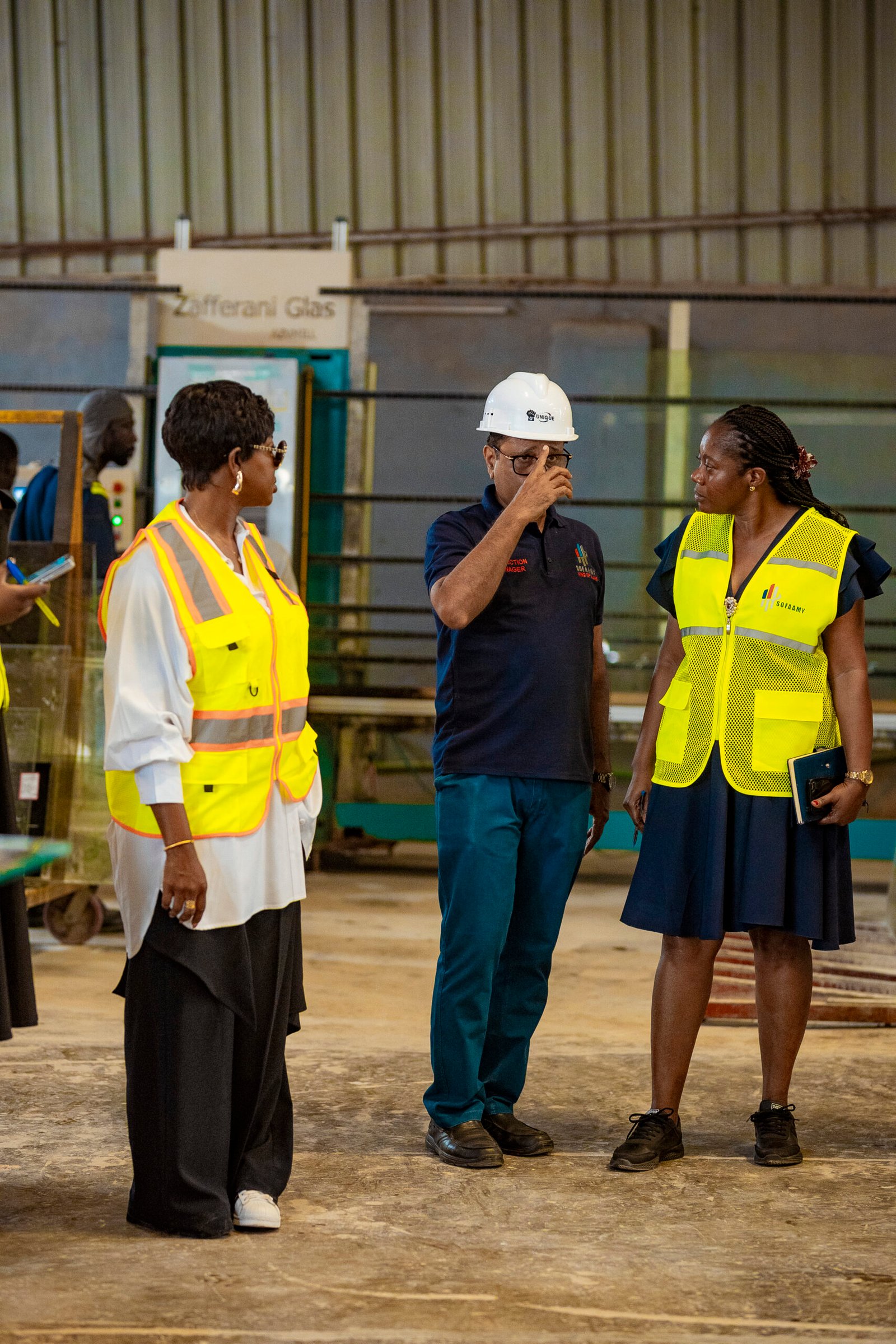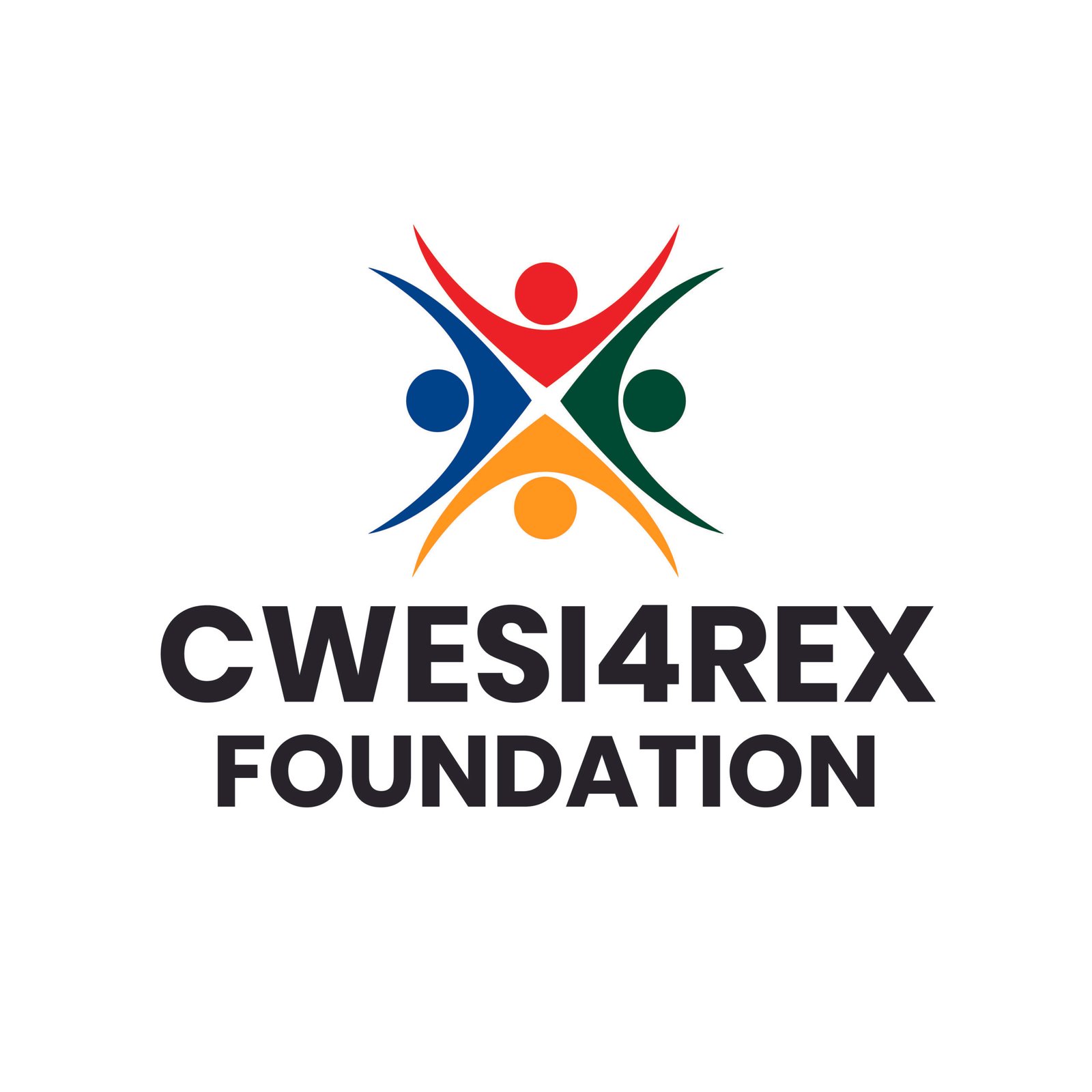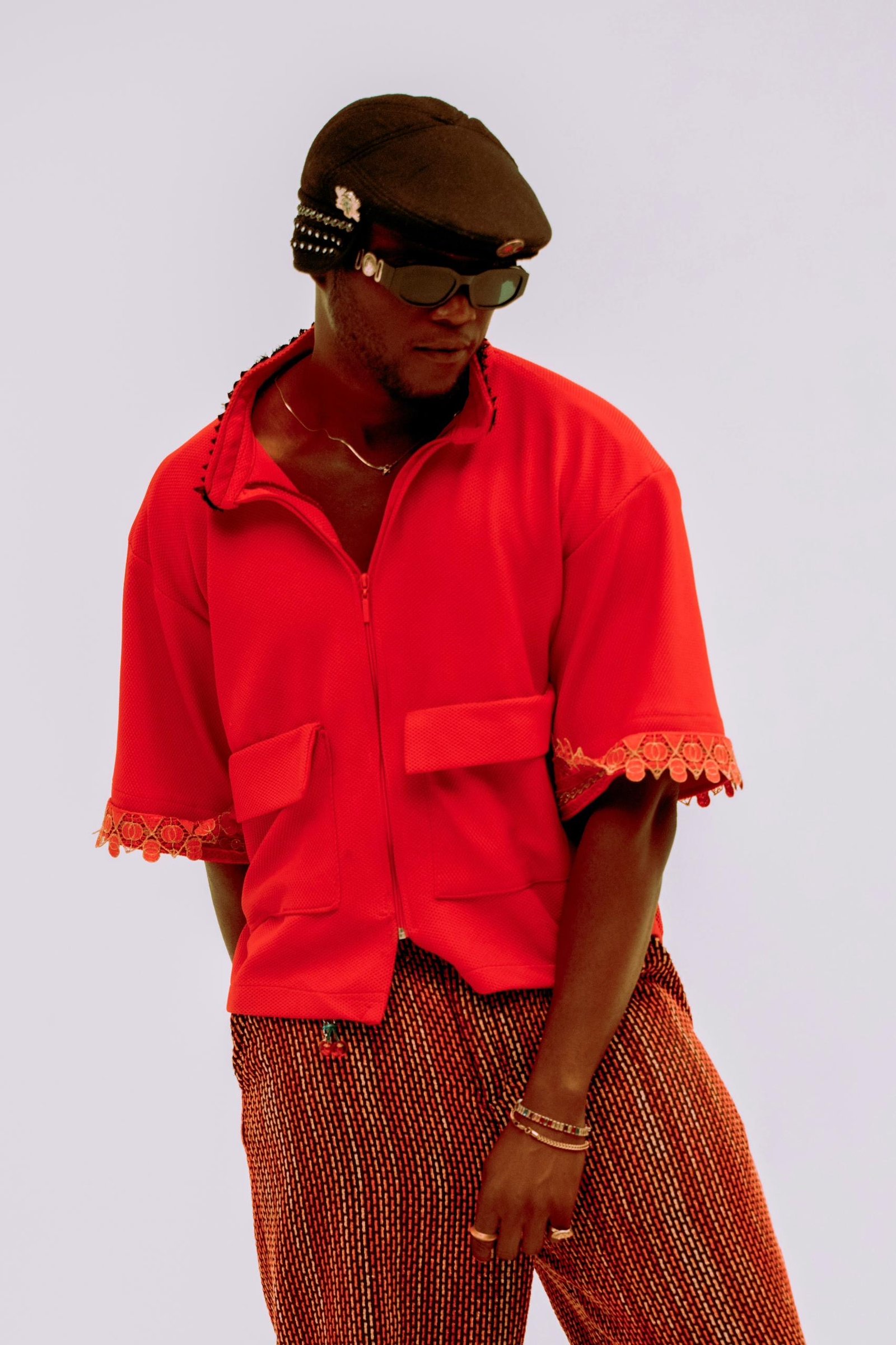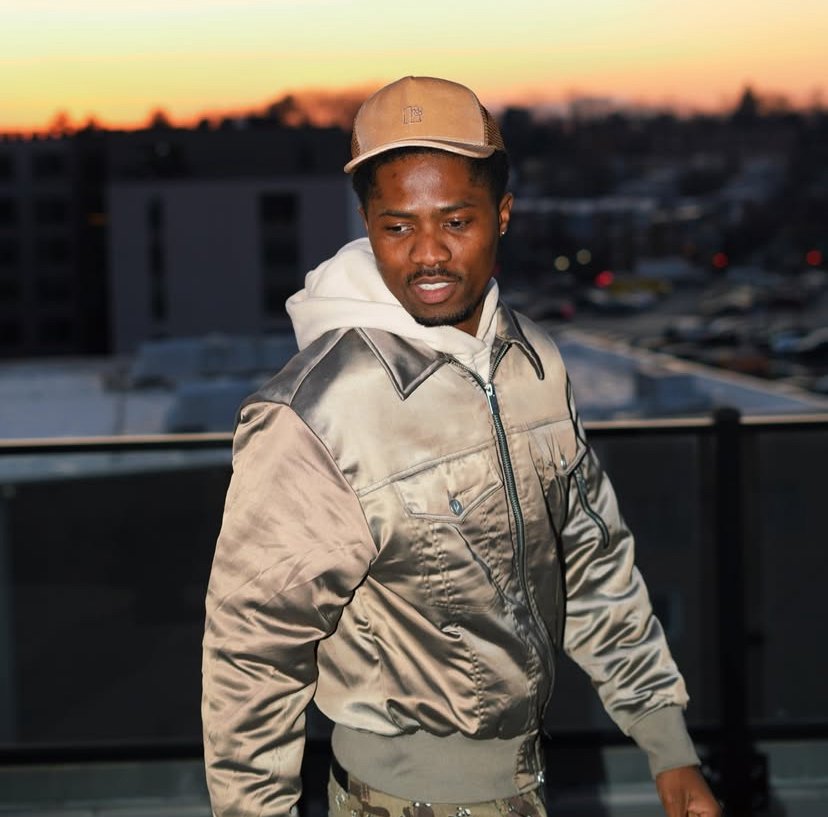When the history of Ghanaian music is told, few names command as much reverence as Michael Elliot Kwabena Okyere Darko, better known by his stage names Obrafour, Rap Executioner, or Rap Sofo a towering figure whose lyrical genius and cultural authenticity reshaped Ghana’s musical landscape forever.
Born around 1976 in the town of Obo Kwahu in the Eastern Region of Ghana, Obrafour’s story is one of talent, perseverance, and transformation an odyssey that began with gospel hymns in a local church and evolved into a groundbreaking career that bridged tradition and innovation through the birth of hiplife.
Obrafour was born into a musically inclined family. His mother, Gladys Agyapomaa, was a devout chorister whose voice left a lasting impression on young Michael. She sang in the church, and the young boy often joined her an early introduction to performance that would prove formative.
Tragically, his mother’s untimely death in 1995 dealt a devastating blow to his aspirations of becoming a lawyer. At the time, Michael Elliot was studying at St. Peter’s Boys Senior High School, having previously attended New Star Preparatory and Abetifi Secondary School. Her passing marked a turning point, redirecting his focus toward music a decision that would ultimately shape the future of Ghanaian sound.
In the late 1990s, Obrafour’s path intersected with a young beatmaker named Hammer of the Last Two, a meeting that would become a historic partnership. Through Hammer’s guidance and a pivotal connection to producer Abraham Ohene-Djan of OM Studios, he began recording what would become his debut album, Pae Mu Ka.
Released in 1999, Pae Mu Ka was not just an album, it was a cultural earthquake. It introduced a unique blend of Twi lyricism, storytelling, and hip-hop production, effectively crystallizing the genre of hiplife, a fusion of Ghanaian highlife and hip-hop. With tracks that resonated with social commentary, spirituality, and traditional wisdom, Obrafour’s debut earned him three Ghana Music Awards in 2000 and quickly became one of the best-selling Ghanaian albums of all time.
His ability to weave proverbs, parables, and street wisdom into a poetic cadence earned him the title “Rap Sofo” (Rap Priest) a nod to the depth and moral compass of his lyrics.
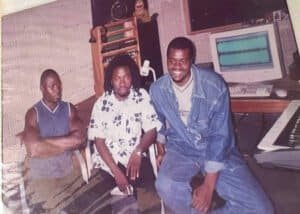
For over two decades,he has remained a cultural icon, influencing generations of musicians with his authenticity and integrity. His 2019 Pae Mu Ka at 20 celebration, held at the Accra International Conference Centre, brought together legends and rising stars, honoring a man whose voice had shaped their paths.
In 2023, he again made international headlines when he filed a $10 million lawsuit against Canadian rapper Drake for unauthorized sampling of his track Oye Ohene (Remix) on the song Calling My Name. The lawsuit underscored a growing global recognition of African intellectual property and further cemented Obrafour’s status as not just a local legend, but a global voice for artistic rights.
While many rappers chase fame or trends, Obrafour carved out a path rooted in spirituality, tradition, and linguistic pride. His work is not just music, it is oral history, social consciousness, and spiritual reflection, all delivered with the precision of a scholar and the soul of a prophet.
Whether reflecting on social issues, personal struggles, or national identity, Obrafour has always stayed true to his mission: to elevate Ghanaian culture through art.
His contributions go beyond accolades and sales; they are etched in the hearts of those who heard their stories reflected in his rhymes. As Ghana’s music continues to expand onto the global stage, the echoes of Pae Mu Ka and the legacy of the Rap Sofo will undoubtedly reverberate for generations to come.
Obrafour didn’t just rap, he preached, he taught, and he inspired.
And for that, the nation and indeed the world, will always remember him.
Source : Wikipedia
The Premium Experience Here


